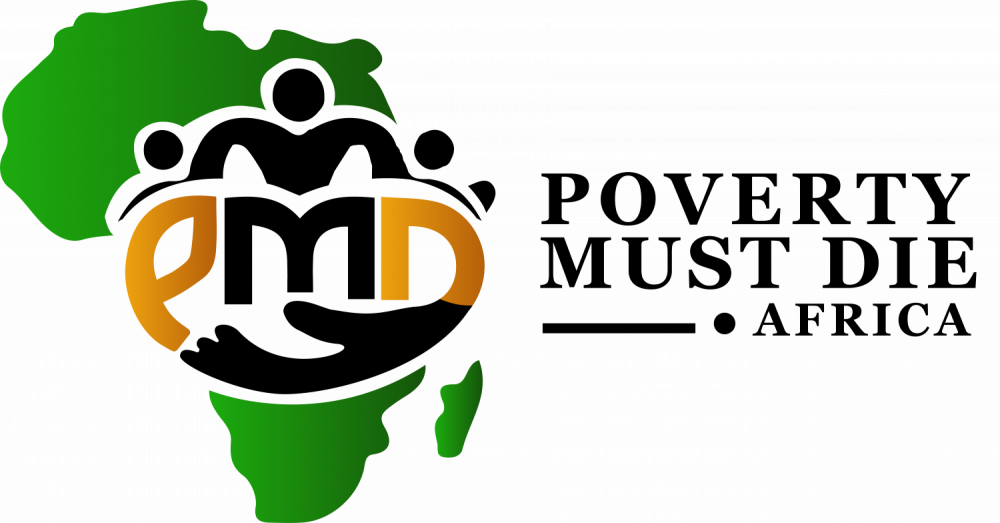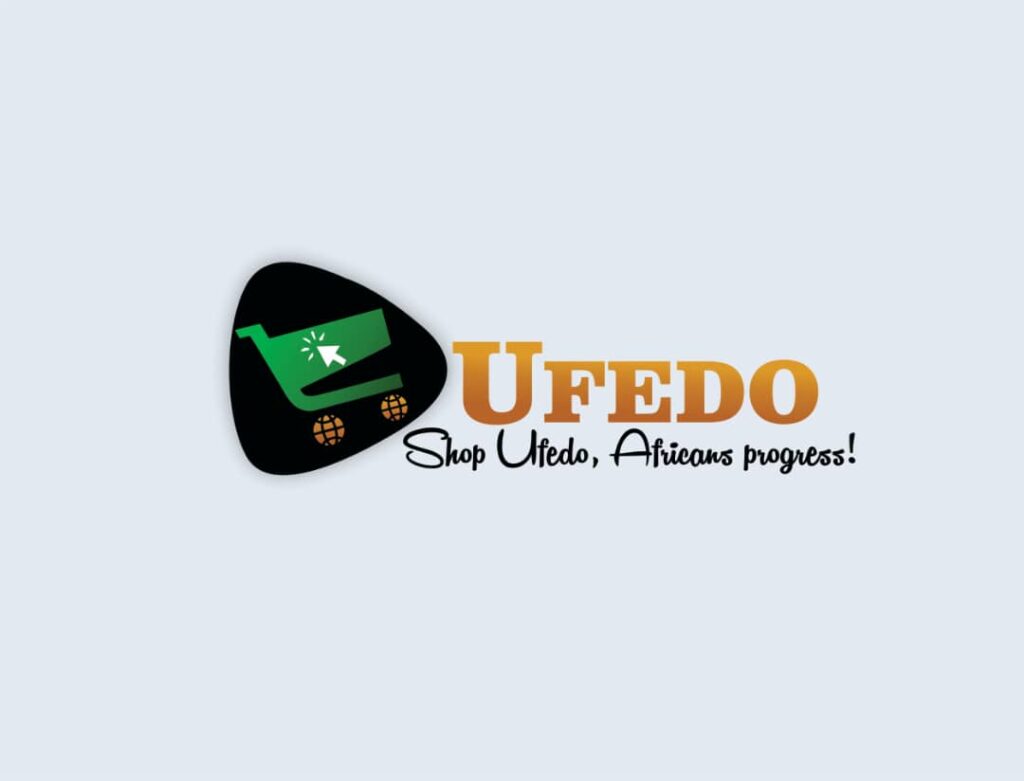The current statistics of poverty in Africa are indeed frightening. About 490 million Africans are said to be living below the $2-a-day World Bank poverty benchmark. This is while governments are overwhelmed and frustrated.
Nigeria, for instance, has taken over from India as the country with the largest number of poor people on earth, hosting at least 90 million people living in abject poverty. What’s more, the Austria-based World Poverty Clock report of January 2020 corroborated the World Bank report on Nigeria’s galloping poverty rate when it reiterated that 1 Nigerian enters into abject poverty every minute. I don’t want to go into the mathematics of this because it would break my heart the more.
What’s more exasperating is that Nigeria is reputed to be Africa’s giant economy. With the current inflation in the country, if nothing urgent is done to quickly arrest the situation, there might be a reason to accept that more than half of the continent’s population would be in abject poverty by the close of the decade.
It is trite to look at the causes of the problem. One of the greatest causes of poverty in Africa is the inadequacy of money at the point of trade. There is often not enough money for production and consumption. We have farmers who do not have enough patronage for their goods, manufacturers who do not have linkages to locally made products, consumers willing but unable to buy what they need, etc.
On the other hand, we have inconsiderate, insensitive, and totally illogical policies of governments across Africa. For instance, most African governments are consumerist and hedonistic in their approach to their economic development. DR Congo for example sits on a deposit of mineral resources worth trillions of dollars but the people live in abject poverty. Across Africa, the story is the same tale of woes.
But there is good news on the horizon. In the east African countries of Burundi, Kenya, Tanzania, Uganda, Ethiopia, Rwanda, and South Sudan has sprung up a totally new method of dragging Africa out of poverty. Its business is fast spreading through the continent like a wildfire. It is known as Poverty Must Die Africa.
What does it do differently? We pointed out above that one of the pillars of poverty in Africa is the inadequacy of purchasing power in the hands of buyers at the point of trade.
The information available on the website of the organization states that key sectors of the economic life of the people such as education, agriculture, health, and social services are being subsidized using self-generated funds.
Even as a charity organization, it is not depending on donors for funding. It is has configured its system to rake 70% of its total budget from its own endeavors spanning the above-listed sectors.
The organization has an e-commerce platform that generates the remaining 30% of funding. Interestingly, the organizers realizing that to end poverty, charity commerce must go hand in hand, have developed their e-commerce platform, known as UFEDO, to deliver a reward system in which a customer who has traded with them over time up to $15 would have a reward for loyalty called POVERTY MUST DIE VALUE or PMDV.
The PMDV, equivalent to a dollar, can be cashed back or used for shopping on the same UFEDO. Did I forget to tell you that upon signing up on their website, you earn a PMDV? This makes everyone on the platform entitled to an income.
Perhaps, the greatest thing is that, as a pan African system, it creates visibility for sellers across the continent to facilitate great turnovers and create unimaginable wealth. This in turn would lead to creating millions of direct and indirect jobs and remove the scourge of poverty from the continent.
Is PMDAfrica an employer of Labour? Of course yes. Information at the disposal of the writer is that about 207 thousand Africans would be employed in this last quarter of 2021 as part of its plan to lift between 50 and 100 Million people out of poverty every five years through continental economic integration.
This is a relief for Africa, as far as I am concerned. The African Free Trade Agreement which came into force in May 2021 would be fully realized by using the PMDV system.
This, without doubt, is a tailor-made solution to the seemingly insurmountable problem of poverty in Africa. Let us all join hands to support our own homegrown solution for the growth of Africa.


